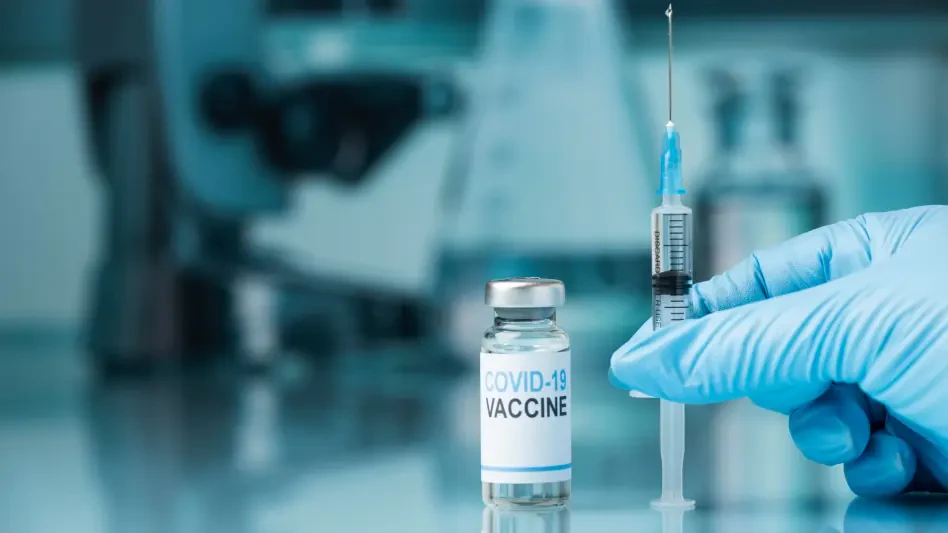I’m thrilled to sit down with Faisal Zain, a renowned healthcare expert with a deep background in medical technology. With years of experience in the manufacturing of medical devices for diagnostics and treatment, Faisal has been at the forefront of innovation in the field. Today, we’ll dive into the recent upheaval at the Centers for Disease Control and Prevention (CDC), exploring the abrupt departure of its shortest-tenured director, Susan Monarez, the tensions surrounding vaccine policy, and the broader implications for public health. Our conversation will touch on the internal conflicts at the agency, the impact of tragic events, and the future direction of one of America’s most critical health institutions.
How did you first come across the news of Susan Monarez’s departure from the CDC, and what was your initial reaction to her stepping down after such a short time?
I was quite shocked when I saw the news break on social media. Less than a month as CDC Director is unprecedented, and it immediately raised red flags about what might be happening behind closed doors. My first thought was that there must have been significant friction or a major misalignment in vision for the agency, especially given the current climate of scrutiny around public health policies. It’s a critical role, and such a quick exit signals deeper systemic challenges.
Can you shed light on the reported conflicts over vaccine policy that may have contributed to her exit?
From what’s been circulating, there was a clear clash over the direction of vaccine policy, particularly around Covid-19 approvals. It seems there was pressure from higher-ups to reconsider or even rescind certain approvals, which Monarez resisted. Her hesitation to act without thorough consultation with advisors suggests a commitment to evidence-based decision-making, but it also likely put her at odds with those pushing for swift changes. This kind of tension isn’t new in public health, but it’s rare to see it play out so publicly and with such high stakes.
What do you make of the decision to involve a senator in mediating these internal disputes at the CDC?
Reaching out to a political figure like a senator shows just how strained the situation must have been. It suggests Monarez felt she needed external support to navigate or perhaps counterbalance the pressure she was facing within the administration. While it’s not uncommon for agency heads to seek political allies in tough times, doing so can escalate internal conflicts, especially if it’s perceived as going over someone’s head. It likely intensified the friction and made her position even more untenable.
How do you think the tragic shooting at the CDC’s Atlanta campus affected the agency during Monarez’s brief tenure?
That incident was heartbreaking and must have cast a heavy shadow over the agency. When you have a targeted attack tied to grievances over vaccines, it not only shakes the sense of safety at the workplace but also amplifies the public and political scrutiny on the CDC’s policies. For Monarez, coming into the role and facing such a crisis so early on—along with layoffs and other leadership changes—would have made it incredibly difficult to establish stability or focus on long-term goals. The emotional and operational toll must have been immense.
Can you elaborate on the significance of the changes made to the CDC’s advisory committee on immunization?
The dismantling of a long-standing committee of independent experts is a major shift. Historically, that group provided a critical, evidence-based backbone for vaccine recommendations. Replacing them with members who have openly questioned mainstream vaccine science raises concerns about the future of policy grounded in rigorous research. It signals a potential pivot toward more ideological or alternative perspectives, which could undermine trust in the CDC’s guidance at a time when public confidence is already fragile.
With Monarez’s background in government health roles, how well do you think she was prepared to lead the CDC during such a turbulent period?
Her resume is impressive—two decades in government, including stints at ARPA-H and the Department of Homeland Security, with a focus on preparedness for biological and chemical threats. That kind of expertise aligns closely with the CDC’s mission to protect public health from emerging dangers. However, leading the CDC requires not just technical knowledge but also political savvy and the ability to navigate high-pressure conflicts. While she was well-equipped on the policy front, the intense political dynamics and rapid crises during her tenure may have tested even the most seasoned leaders.
What do you believe Monarez’s departure means for the future of the CDC and public trust in the agency?
Her exit, especially under these circumstances, could have a lasting impact. It risks further eroding public trust, particularly around vaccine policies, which are already a lightning rod for debate. People might question whether the agency can maintain its independence and commitment to science over politics. As for the future, it depends on who steps into the role next and whether they can rebuild confidence while addressing these deep-seated tensions. It’s a pivotal moment for the CDC to redefine its path.
What is your forecast for the CDC’s role in shaping public health policy over the next few years?
I think we’re at a crossroads. The CDC could either double down on rebuilding its reputation as a science-driven institution, or it might face continued politicization, which would weaken its influence. With emerging threats like new pandemics or bioterrorism risks, the agency’s ability to lead with credibility will be crucial. I hope we see a focus on transparency and collaboration with independent experts to restore faith, but it will take strong leadership and a clear commitment to evidence over ideology to get there.









